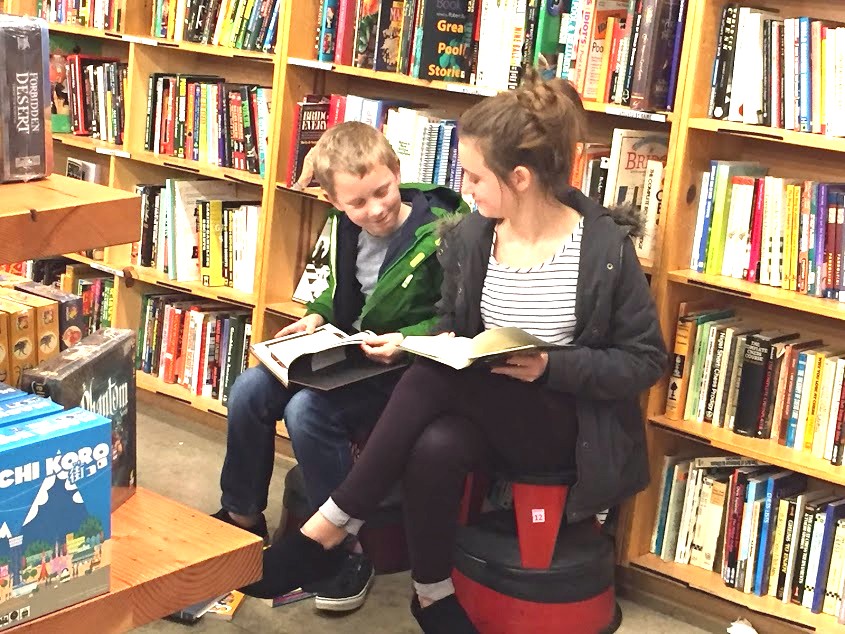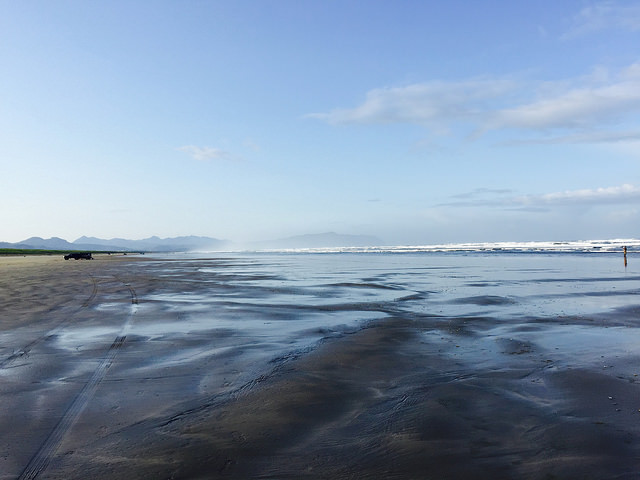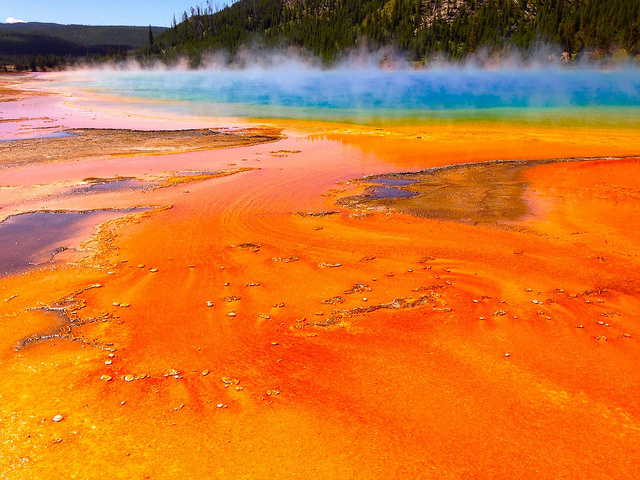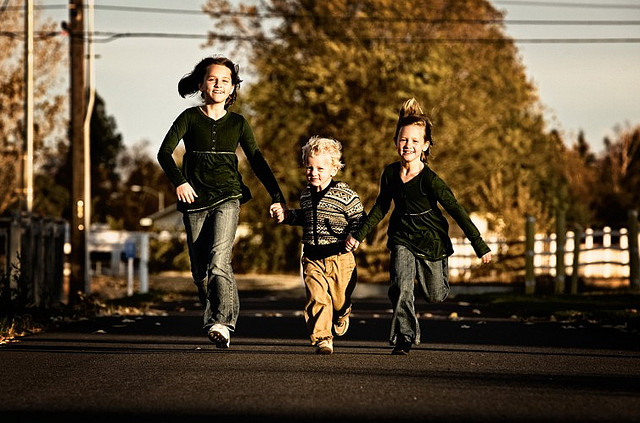I miss writing. Like, a lot.
I miss it like a runner misses her morning jog or a young mom misses talking to her sister on the phone; I can’t get my mojo without it. A writer not writing is like a toddler not walking: we may be bad at it, we may look awkward trying, but we can’t seem to stop. Writers don’t write because they like to, they write because they need to. We know it’s probably a waste of time but so is talking to your sister on the phone and hey, life is short.
As I get (ahem) older, I’m learning that I’m slow to learn—especially the simple things. They knock me on the head over and over, but like an inflatable clown punching bag, I keep popping up for another blow, stupidly refusing to lie down and take the instruction. So it was a few months ago when I resolved to quit writing for Wise And Selfless Reasons.
See, I was asked to be an early morning seminary teacher. And I was really excited about it: reading, studying, teaching, talking, all about the gospel? What could be better? The assignment lived up to its fulfilling promise; I absolutely loved it. I still do.
But the initial euphoria slowly gave way to a sense of inadequacy as the adventure turned-challenge-turned-responsibility. I’d spend hours (with an s) reading, studying, praying and preparing a lesson that I truly believed (desperately hoped) would change at least one turbulent teenaged life—or even one turbulent teenaged day. And when I finally got the lesson just-so, I’d rise at 5 a.m. to deliver it at 6 a.m., come home, get the kids to school, and sit down for further hours to read and study and pray and prepare the lesson for the following morning. It was challenging and it was fascinating. It was inspiring. It was exhausting. It still is.
And so after a few months of said routine, I decided that I would close my laptop and hence my blog for the next few months, if not the next few years (!) until my seminary teaching days were over. I told myself that it wasn’t my “season” for writing, because all of my spare time and what little (ahem) “intellectual energy” I had was now being spent on teaching.
I was totally okay with this. We can do it all, I’ve been told, but we can’t do it all at once. And teaching the gospel was more important than frittering around on my little blog with a readership of seven (wait–nine! I’ve got a few new Camas peeps on board. Thank you, Camas peeps.) I made the mature determination that trying to write, in addition to teaching seminary and getting my family settled in a new home and new city, would only make me anxious and grumpy.
I was wrong. Not writing has made me anxious and grumpy. I’m tired and edgy and busy busy busy all the time but also slightly bored inside my head. I see gloriously random snippets of life all around me about which, sticking to my Mature Determination, I won’t allow myself to write. I thought I could starve my nerdy appetite for punching words on a page, but it’s clawing it’s way out—and leaving the scratches on my husband and kids. (Mostly my husband. Because really, girls: what’s he gonna do?) Though teaching seminary more than fills my need for reading and understanding the big stuff (so much good, big stuff in there!), writing is the only way I have ever understood the good, small stuff in my good, small life. And sometimes—most of the time—that small stuff turns into the big stuff. Of course it does.
And so here’s what the stubborn air clown’s finally learned: we need to make the time to do the things we love—now. Not all of the things we love, but surely the thing we love most. I’d say, the thing we’re passionate about.
I love good movies and a good book group and good food and a good girls’ night out. But I’m passionate about my family, my faith, my health, reading, and writing. That’s it. Those are the things I cannot—and don’t want to—live without. Fine cooking, travel, history, politics, current events, extensive reading, cuter clothes, better decor, perfect eating, organizing my home, organizing my life (ha)–these are all demoted to the lower rungs. I like them—maybe even love a few of them. I’d love to have time to love them. But right now, I can live without them.
So maybe the trick, while we’re raising the kids and earning the dollar, is that we get to pick one passion—just one—and then give ourselves permission to pursue it. Because if we put that one passion on hold til its “season” arrives, we may find that when it finally does (five, ten, twenty years from now?) we’re just not that passionate about it anymore. It’s like waiting til you’re sixty to take your kids to Disneyland: sure, now you can afford it, but holding your forty-year old’s hand while she waits in line to meet Cinderella might prove a bit deflating after the sentimental build-up in your mind these last twenty years.
I think this means that, sometimes, we have to settle for the budget trip to Disneyland: drive the whole way down, stay at the chintzy hotel, pack pb&js instead of eating at Mickey’s Mansion or wherever-the-heck they’re selling fourteen-dollar cheeseburgers these days. I think it means that to find time in Adulthood to do something we love, we might have to settle for doing that thing poorly. Poorly, spottily, half-way and half-baked, driving instead of flying, peanut butter instead of cheeseburgers. Sometimes—most of the time—it’s the only way we’ll ever do it.
I was scared to start blogging again because I’d let so much time pass since my last post. How dare I give myself permission to write after two months of not writing? “A real writer writes every day, no exceptions!” Hmm. Maybe this isn’t my season to be a real writer. Maybe it’s just my season to write.
Life goes on and the world goes ’round and I hate to be a killjoy but the hard truth is that what you or I contribute to it (artistically, anyway) matters very little to anyone but ourselves. The good news? Pressure’s off. Do what you love, even if you do it badly. Nobody cares. And that’s a beautiful thing.



